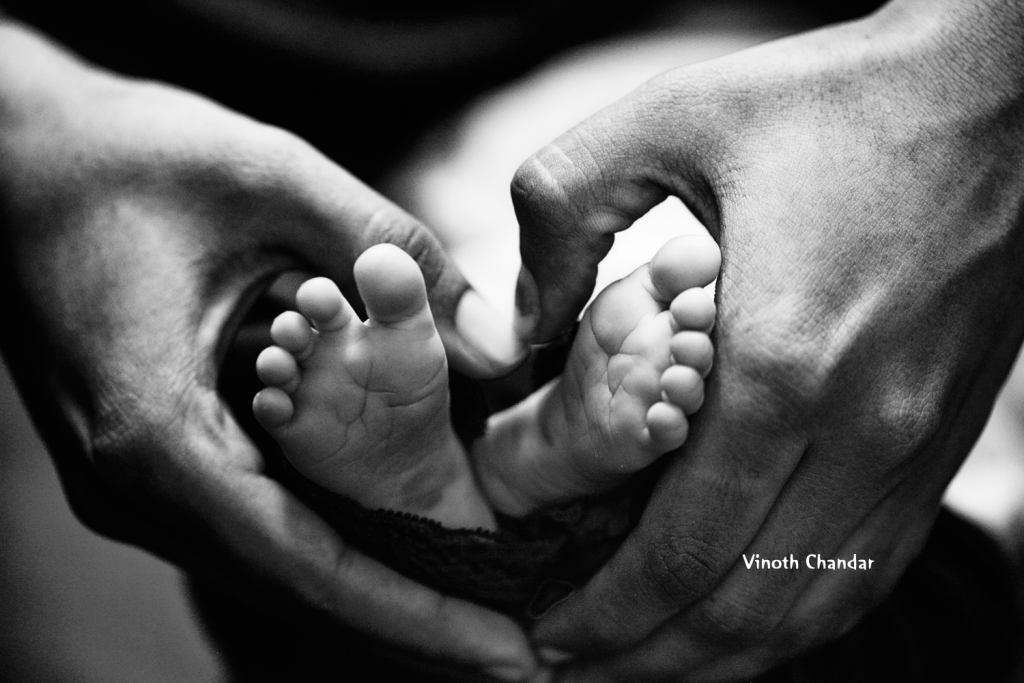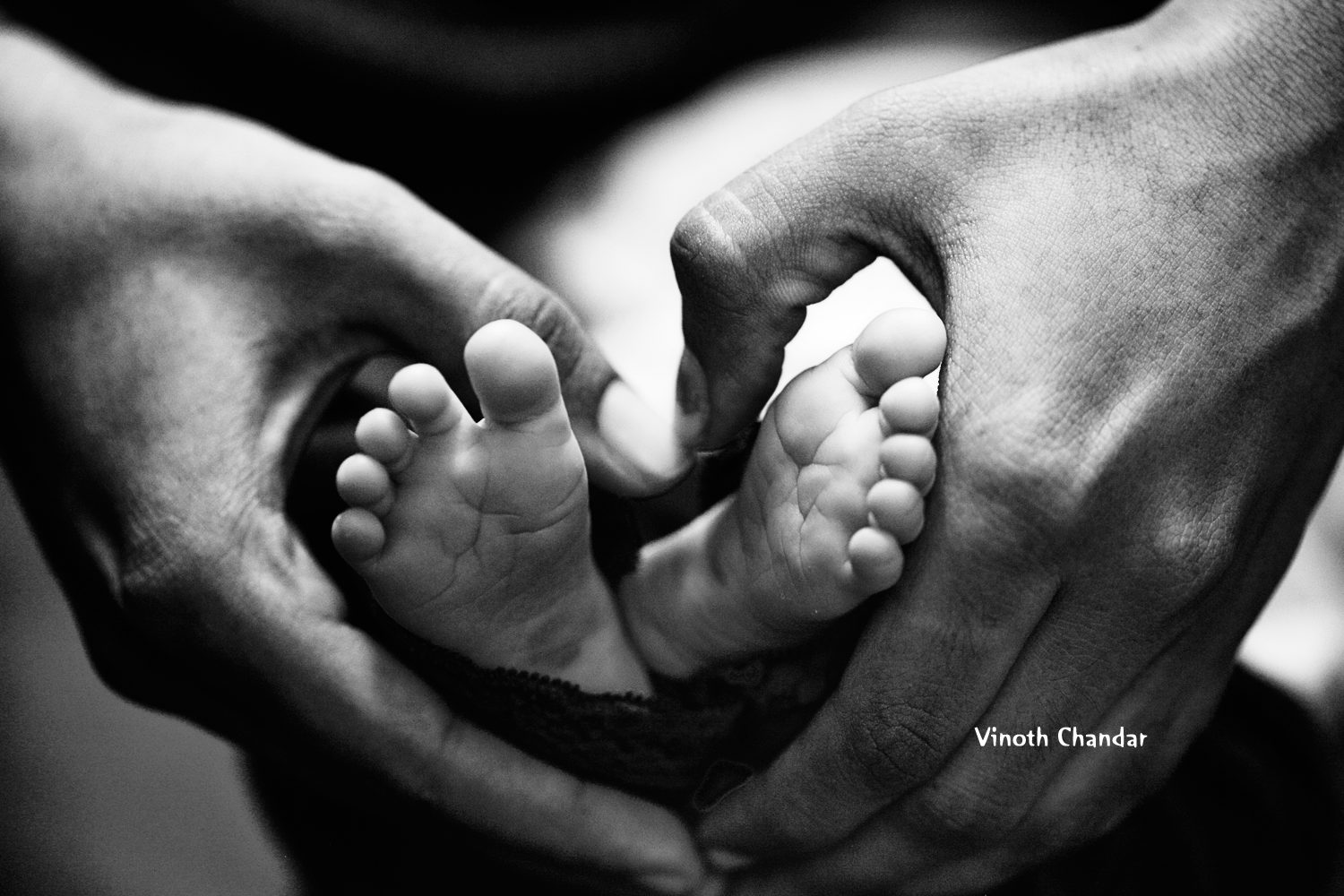This repost is in honor of this Sunday: Mother’s Day. Happy Mother’s Day in advance to all every MOM!!

The jarring sound of their discontented newborn’s piercing screams haunt many new mothers’ dreams—that is, if they can find the peace and quiet to fall asleep in the first place. It is an indisputable fact that having a new baby is incredibly difficult, exhausting, and wildly expensive. The costs continually rack up: costly medical care (for mom and baby), cribs, strollers, clothes, pacifiers, toys, mountains of diapers, hygiene products, etc. The list is nearly inexhaustible, and that’s just the bare minimum. Let’s take a look at the average cost of having a young child for the average family.
For families whose income level is at or under the median American income, the average monthly cost of a child under two is about $800. The average income of this group is $24,400 – this means that after expenditures on children, the average low-income family only has about $1,200 left to spend on their own food, healthcare, transportation, and emergency costs per month. The numbers only get more dire from here. For the 60% of single-mother families in poverty, the average monthly income ($1,387) minus costs of one child allows for about $600 a month for all the costs of daily living (Poverty Threshold 2016). This is the bare minimum with no money budgeted for entertainment, self-care, or emergency bills.
Maternity leave appears to be an additional luxury for families with non-working individuals and those who can afford designer diaper bags and color-coordinated nurseries. Often outsiders may conclude businesses or governments should not pay maternity leave; however, for many, every penny is absolutely crucial to maintain the very basic needs of their family. For these families, maternity leave is not a luxury, but a necessity. All those shocking numbers miss a crucial point. These statistics, as appalling as they are, are for the lucky minority of mothers who can secure an income during pregnancy and the period following childbirth.
In America, 88% of mothers are unable to receive pay for maternity leave. Federal law requires that companies larger than 50 employees must provide 12 weeks of maternity leave, but that leave is unpaid. For single mothers in poverty, it is estimated $4,161 in paychecks stop; significant money they could use for diapers, food, medicine, and bills. Over a third of mothers end up taking no formal time off from work, leaving their babies in costly childcare programs and often still suffering from the emotional and physical strain from childbirth when returning. Imagine growing an entire human being inside your womb for nine months, going through the arduous process of childbirth, and then having to return to your exhausting job as a fast food service worker two days later. That situation may seem like an exaggeration, but many mothers have these circumstances. This is a disservice to their humanity.

It is seemingly simple to ignore the suffering of such a vulnerable part of our population. Legislators seek to refuse abortions to women; however, they, at the very least, owe them the means to provide a safe, healthy, and nurturing environment to raise their baby. America is one of only three countries in the world deny paid maternity leave along with Oman and Papua New Guinea. Some may praise this policy (or lack thereof) for allowing the private sector to be more flexible or for conserving federal tax dollars. After all, why would anyone pay their employees when they are not even working? The truth of the matter is that paid maternity leave has an overwhelmingly positive impact on mothers, their children, and the company itself.
To consider some international policies, Finnish mothers can receive 17.5 weeks of maternity leave with up to 78% of their pay, along with essentials like bedding, clothing, and hygiene supplies. Stunningly, Bulgarian mothers have the option of nearly five years (58.6 weeks) of maternity leave with 90% of their salary. An in-depth study conducted by the University of North Carolina on European maternity leave policies found that paid maternity leave is indeed a cost-effective way for mothers to improve the health and success of their children. Paid-leave programs reduce infant mortality and increase pediatric health due to the ability of mothers to invest more time into their children. A Norwegian study conducted over seventeen years concluded that children whose mothers received paid maternity leave had higher IQs and higher college attendance rates than children of mothers who did not. This conclusively tells us that paid maternity leave is cost-effective, improves the health of children, reduces deaths, and ensures higher rates of success.
What does this lack of protection for new moms say about American culture? Do we not value our women or children? The United States has lagged behind in policies to promote women and children for decades. The policy that mandated twelve weeks of unpaid maternity leave was instituted in 1993. Prior to that, pregnant women and new mothers had no choice but to either lose their jobs or work in dangerous conditions for their health. Additionally, the U.S. has still not signed the Convention on the Rights of the Child (1989) or the Convention to Eliminate All Forms of Discrimination Against Women (CEDAW 1979), though both have been signed by almost all other nations. Even when the legislation and infrastructure is there to offer some assistance to pregnant women, mothers, and children, American society seems resistant to those policies.
New mothers under the Special Supplemental Nutrition Program for Women, Infants, and Children (known as WIC) often face stigma when buying their grocery items. The WIC program has strict limits on the amount and type of products that you can buy, so it’s easy to make mistakes and then hold up the checkout line accidentally. Mothers I personally know who participate in the WIC program have relayed their experiences of other customers scoffing, making rude remarks, and even confronting them while checking out. Participating in any welfare program tends to generate harsh criticism, making welfare users feel ashamed and stigmatized. The Supplemental Nutrition Assistance Program (SNAP) in particular has been characterized as being abused by people who only buy junk food and refuse to work. This is not the case: more than half of SNAP participants are children; data does not back up the rumors that SNAP benefits are disproportionately used to buy junk food; and the program has not been shown to discourage work (Dewey).
As far as benefit programs tailored specifically for new parents go, state policies across the U.S. have not been much better than it is at the national level. Only three states (California, Rhode Island, and New Jersey) currently have paid leave programs, though a fourth, New York, is soon to join in January 2018. Other states have classified pregnancy as a temporary disability, which allows new mothers to receive benefits from disability programs. Though beneficial and certainly needed, this practice is problematic as it reduces funding available for persons with disabilities instead of developing additional funding for new families. Alabama has no law that mandates paid leave or allows any form of additional benefits.
The University of Alabama at Birmingham has a recently instituted program that allows for up to four weeks of paid parental leave, but most other large employers in the state, including the University of Alabama, do not offer any paid leave.

Why you should care? Basic empathy aside, international declarations and laws set several standards that impact how countries should treat pregnant women and new families. Article 25 of the UDHR states that “motherhood and childhood are entitled to special care and assistance. All children, whether born in or out of wedlock, shall enjoy the same social protection.” Additionally, according to Article 23, “everyone, without any discrimination, has the right to equal pay for equal work.” American policy violates these globally accepted norms, as it has systematically denied proper care and assistance to mothers and children, as well as furthered the gender pay gap by obstructing mothers from earning income, hindering advancement in their career, and causing many to lose their jobs from sheer inability to work in the little time provided to recover. Though the United States has not ratified CEDAW which would make paid maternity leave a legal right, our nation still has the obligation to improve gender equality and promote the well-being of women and children.

